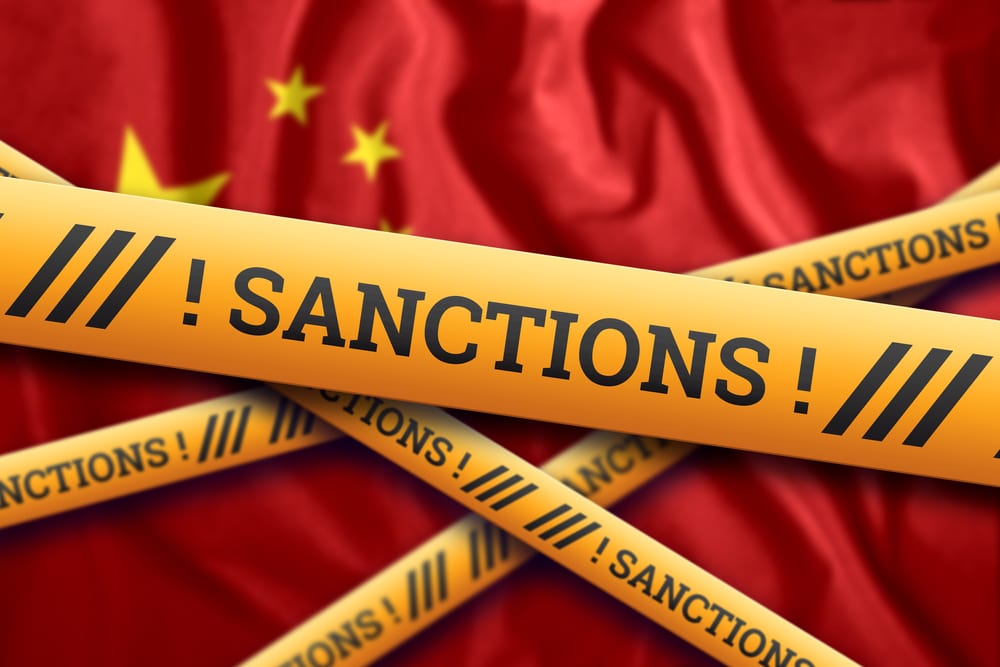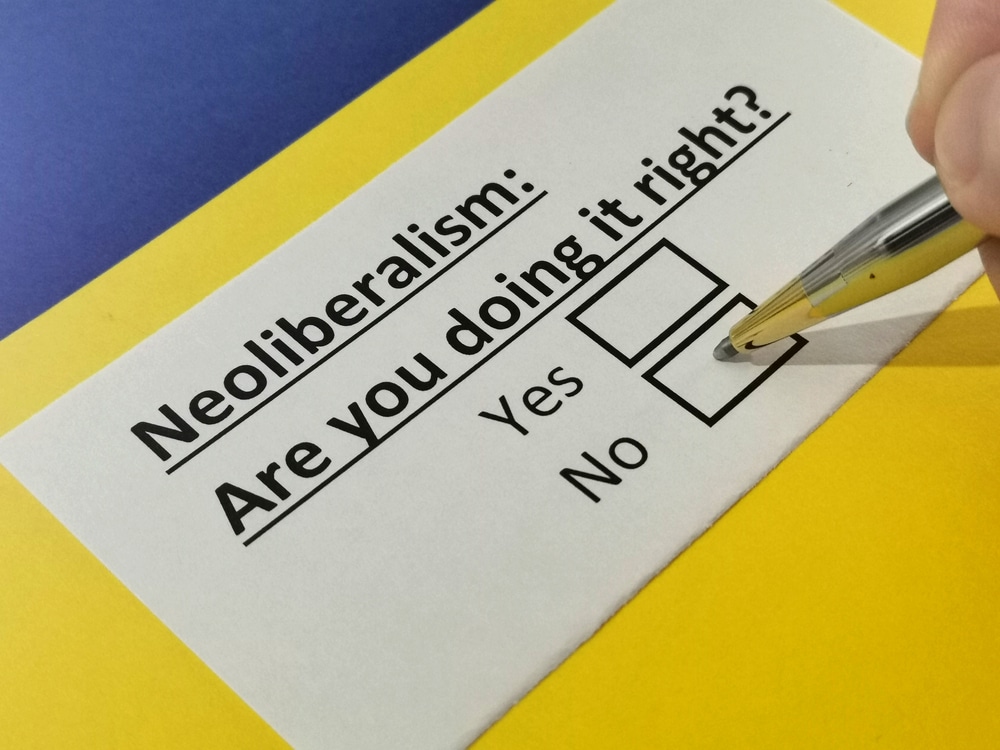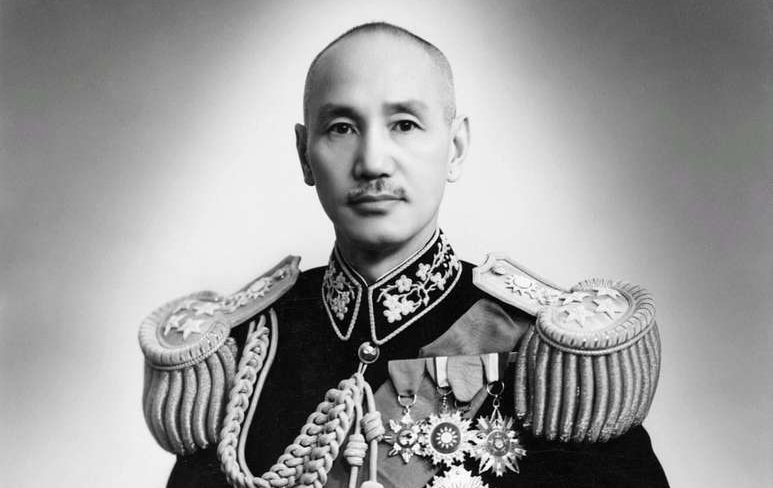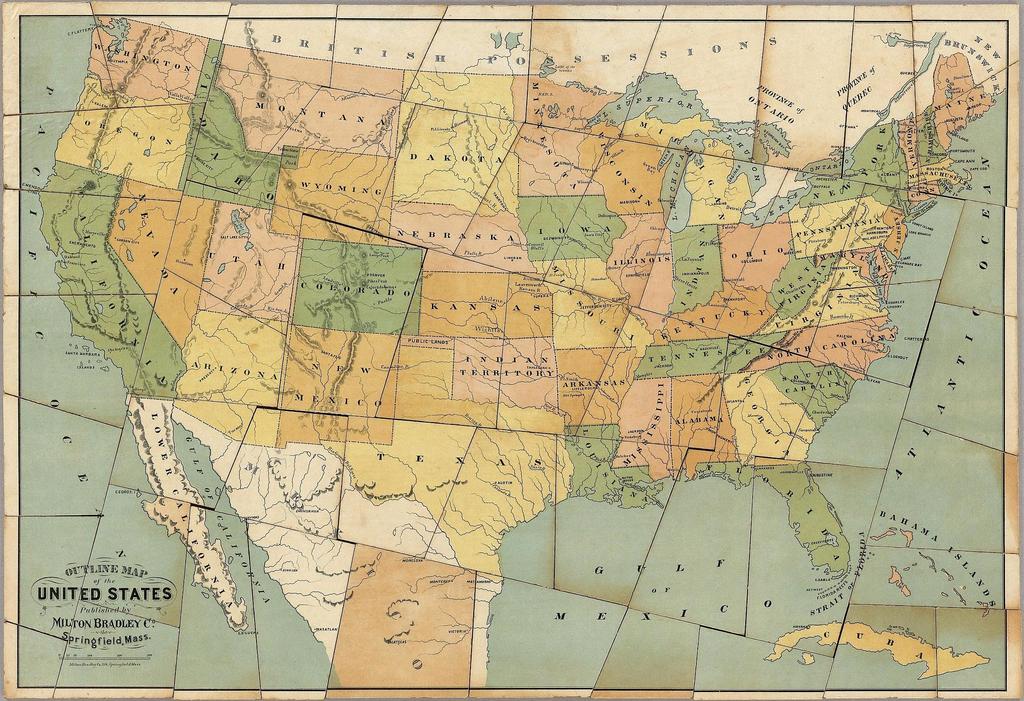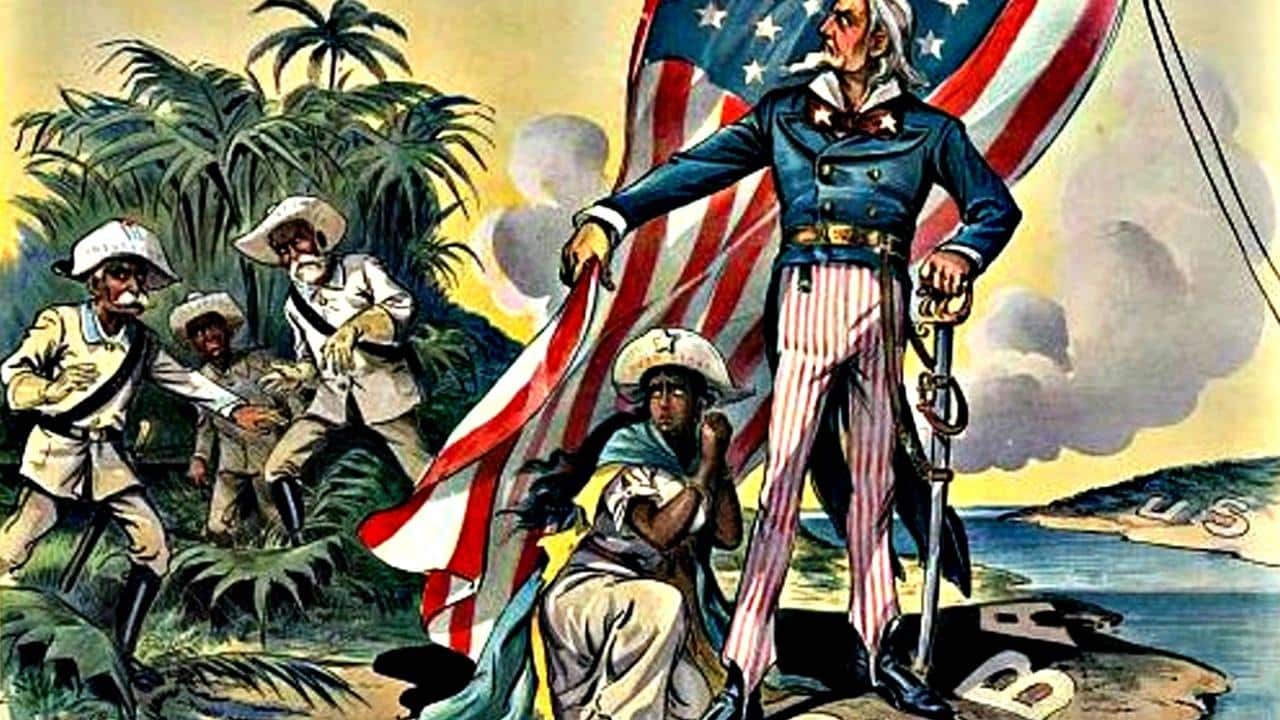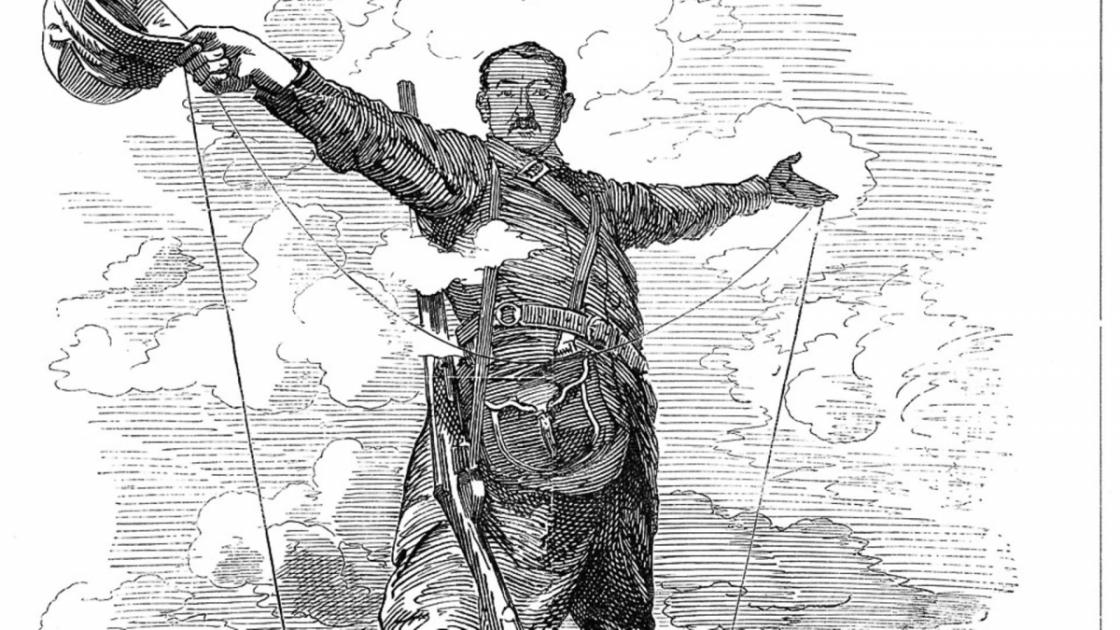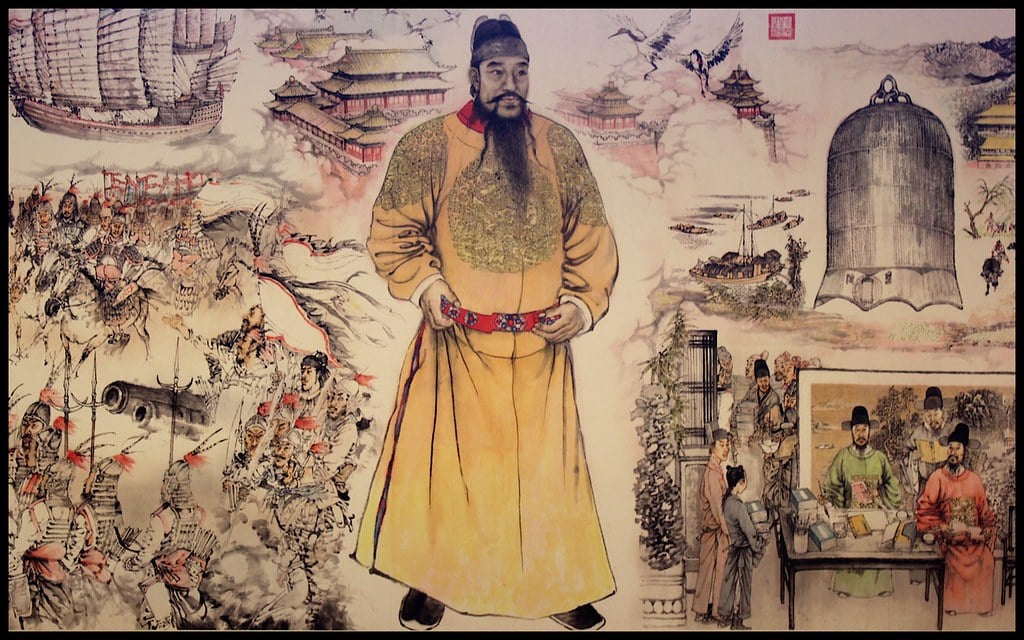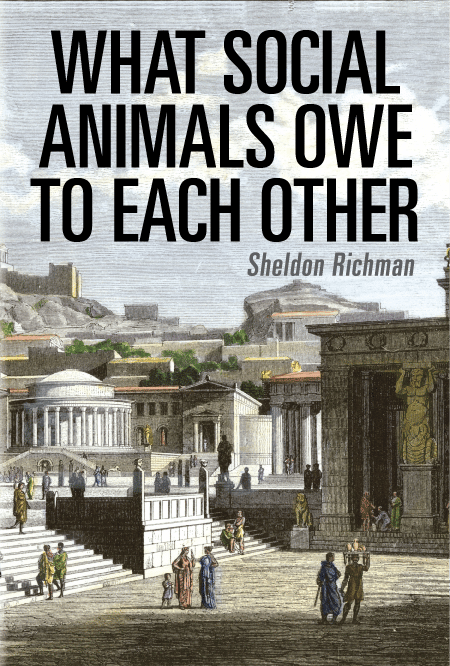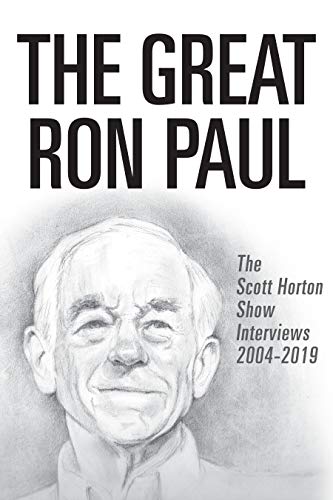Last month the DC hawks’ favorite think tank, the Atlantic Council, released their long anticipated study “Sanctioning China in a Taiwan Crisis: Scenarios and Risks.” Produced in collaboration with the Rhodium Group, the final product is a highly detailed forty page analysis, informed not only by theoretical considerations but significant time spent by the authors talking with policymakers in G7 governments. Broken up into sections respectively devoted to detailing the different range of sanctions available, their probable impacts, and the hypothetical challenges to their implementation, the...
